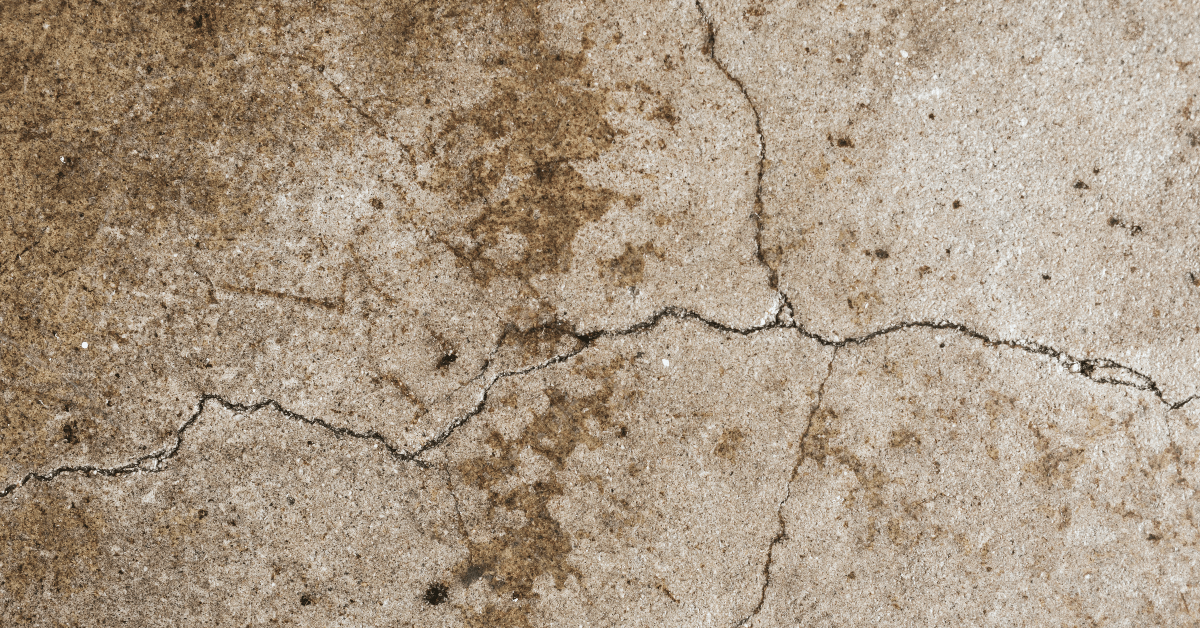
5 REASONS WHY CONCRETE CRACKS
When your concrete cracks, you may wonder if you bought the wrong products or received shoddy work from the contractors. Concrete is durable and lasts long. However, contractors need to follow the right procedures when installing concrete placement. If you see concrete cracks that are too big, do something about them fast before it’s too late. Get a better understanding of the causes of cracking concrete below, and if you are looking for further assistance, consider getting in touch with Fascrete.
Causes of Cracking Concrete
- Poor Concrete Quality
When you compromise the quality of concrete, you will end up with cracks. Poor concrete quality will lower the concrete strength. When you are shopping for concrete, choose the best quality, however expensive it is. It will save your pocket in the long run.
- Use of Excess Water
You only need a little water to achieve the right texture and strength when mixing concrete. Another reason for cracking is shrinkage. As the concrete becomes solid and dries up, it becomes solid hard. When you mix excess water with concrete, it evaporates and leaves cracks. The wetter the mix, the higher chances of it cracking.
- Foundations poured during cold months
When foundations are poured during winter or left without heating, they develop cracks. Winter weather increases moisture in the cement mix that results in it taking a long time to dry.
- Incorrect Steel Bars spacing
When the spacing is greater than the designed spacing, it will develop into cracks in concrete slabs.
- Concrete Drying Quickly
Concrete slabs require days or weeks to dry properly. However, if the slab dries within a few hours, then it may result in cracks. The process of drying concrete depends on the ratio used in mixing water and concrete.
- Improper Concentration Poured on the Job
Concrete comes in different strengths and for a specific purpose. Confirm the strength and where it should be directed to avoid cracks.
- No control joints
The control joints enable you to put pressure and cracks on concrete where you prefer. The joints are the same depth as the slab and are not meant to be more than two times in feet the thickness.
Common Cause of Cracking in Concrete
The most common cause of cracking in concrete is shrinkage. When concrete changes from liquid form to hardened form, it dries and shrinks. The reason is due to the evaporation of excess water while mixing.
Concrete slabs can shrink to half an inch per 100 feet. Shrinking results in pull and tear force in the slab that ends up in cracks.
How Do You Resolve This?
Be knowledgeable on the amount of water to use for mixing with concrete. If you are not very sure, choose a reputable contractor who will guide you in the proper mix.
Factors Affecting Cracks in Concrete
The following factors affect cracks and, they include:
- Time of the year for construction
- The different sizes of material used to make concrete. They include sand, gravel, and finely crushed stones.
- The amount of steel to be used
- Duration when the crack appears
- Shape of bar
- Concrete cover
- Steel distribution
Contact us
There are several causes of cracking concrete, but the good thing is you can quickly remedy it. Get in touch with Fascrete for further assistance.
